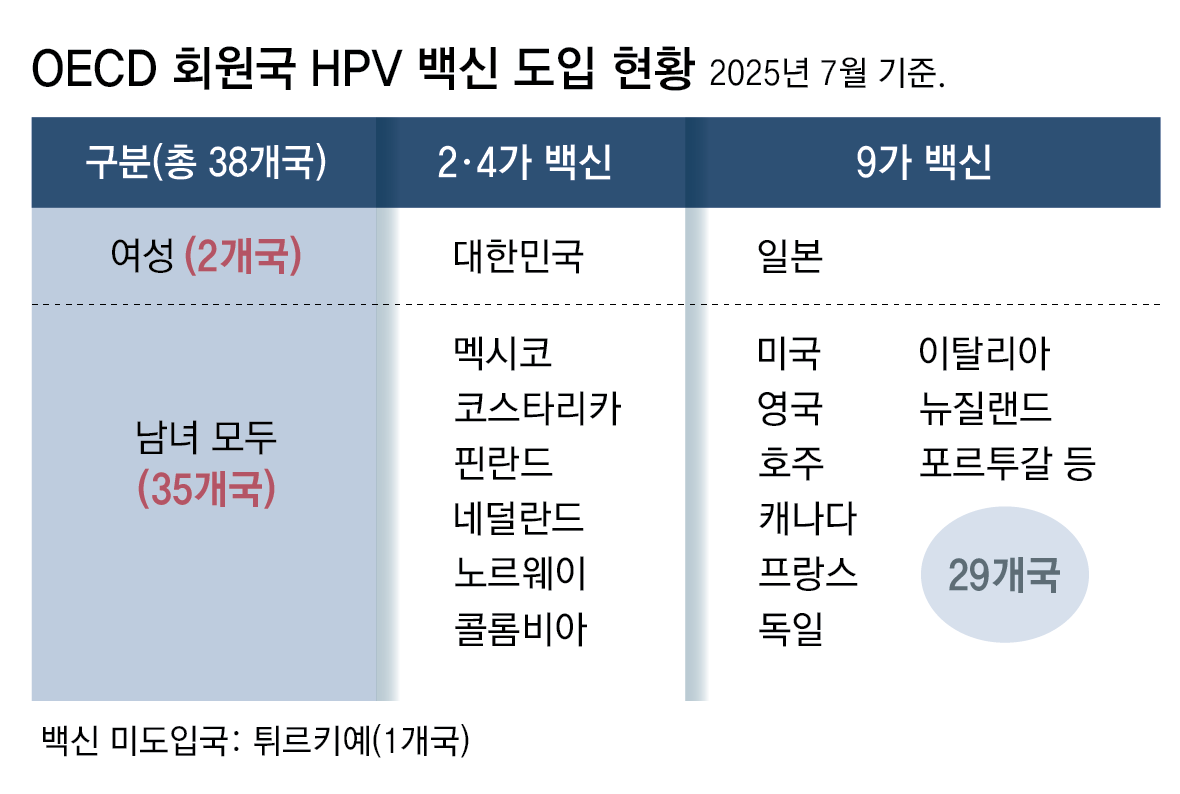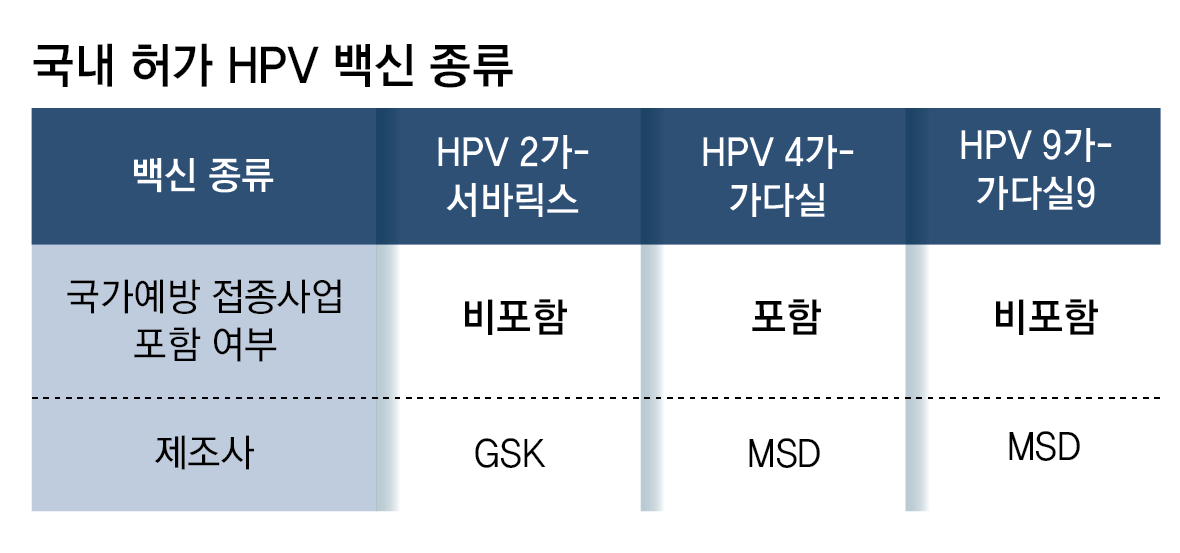《#. A 35-year-old woman, Ms. A, received a reactive cellular change (RCC) result from a cervical cytology test during a workplace health check-up. Even with the naked eye, slight abnormalities were visible, so she underwent an additional AI-based cervical diagnosis support system test called CerviCARE AI. The AI's reading, which took only five seconds, indicated a 'high-grade abnormal finding.' A gynecologic oncology specialist also diagnosed it as a 'cervical precancerous lesion.' Consequently, a biopsy was immediately conducted, confirming cervical cancer. Thanks to early detection through the AI test, she was able to begin treatment quickly.》 With the advancement of artificial intelligence (AI) technology, innovations in cervical cancer testing methods are occurring. It is now possible to check for abnormalities in just five seconds using cervical imaging equipment equipped with 'on-device AI' at local gynecology clinics, without visiting a university hospital.
The existing cervical cancer test in national health check-ups uses a method called cervical cytology. This involves collecting cells from the cervix with a brush and examining them under a microscope. The AI cervical imaging test, however, does not require direct contact with the cervix for sampling. After the test, individuals can directly observe the morphological changes of their cervix.
The goal of the AI test is to detect abnormalities at the 'precancerous stage' before developing into cervical cancer, leading to prompt treatment. Cervical cancer can be completely cured if detected early at the precancerous stage.
AI cervical imaging device 'CerviCARE AI'. Provided by NTL Healthcare
Park Seung-yong, CTO of NTL Healthcare, which developed CerviCARE AI, stated, “It is not uncommon for individuals to visit hospitals for simple check-ups without symptoms and be diagnosed with cancer, and many patients with mild symptoms such as slight abdominal pain or discomfort are found to have cancer through detailed examinations. By utilizing AI-assisted diagnosis, patients who might be missed in existing tests can be detected early, advancing the treatment timeline.”
NTL Healthcare has secured a dataset of 6.4 million cervical images and expert opinion sets. It collaborates with 40 gynecologic oncology professors from 32 domestic university hospitals, including Konkuk University Hospital, to consult experts and correct AI learning data errors. In Korea, approximately 1,000 gynecology clinics have adopted CerviCARE AI. Internationally, it is being serviced in about 20 countries, including India, Vietnam, Thailand, Malaysia, and Brazil, and has passed clinical trials for participation in Vietnam's national health check-up.
Re-vaccination of the cervical cancer vaccine has also become a recent topic. The HPV (Human Papillomavirus) vaccine can prevent up to 96.7% of cancers. As more than 20 years have passed since the introduction of the HPV vaccine in Korea, experts emphasize re-vaccination with the '9-valent vaccine,' which offers broader preventive effects, for women born in the 1980s who initially received the 'bivalent vaccine.' This is important because it generally takes over 10 years for HPV infection to progress through precancerous lesions to cervical cancer, and maintaining long-term preventive effects through re-vaccination is crucial.

The Korean Society of Gynecologic Oncology, in its revised HPV vaccination guidelines last year, recommended re-vaccination, stating that ‘additional vaccination with the 9-valent vaccine for women who received the bivalent or quadrivalent vaccine can reduce the risk of infection with additional virus subtypes.’ Currently, the 9-valent HPV vaccine is available for females aged 9 to 45 and males up to 26 years old. The HPV vaccines approved in Korea include Cervarix (bivalent HPV vaccine), Gardasil (quadrivalent HPV vaccine), and Gardasil9 (9-valent HPV vaccine).

Meanwhile, 29 member countries of the Organization for Economic Cooperation and Development (OECD), including the United States, the United Kingdom, Australia, and Canada, have adopted the 9-valent vaccine as a national free vaccination for both males and females. The 9-valent vaccine, with its broad preventive range, has become the international standard for HPV prevention. However, in Korea, support is still limited to the quadrivalent vaccine for girls.
ⓒ dongA.com. All rights reserved. Reproduction, redistribution, or use for AI training prohibited.
Popular News